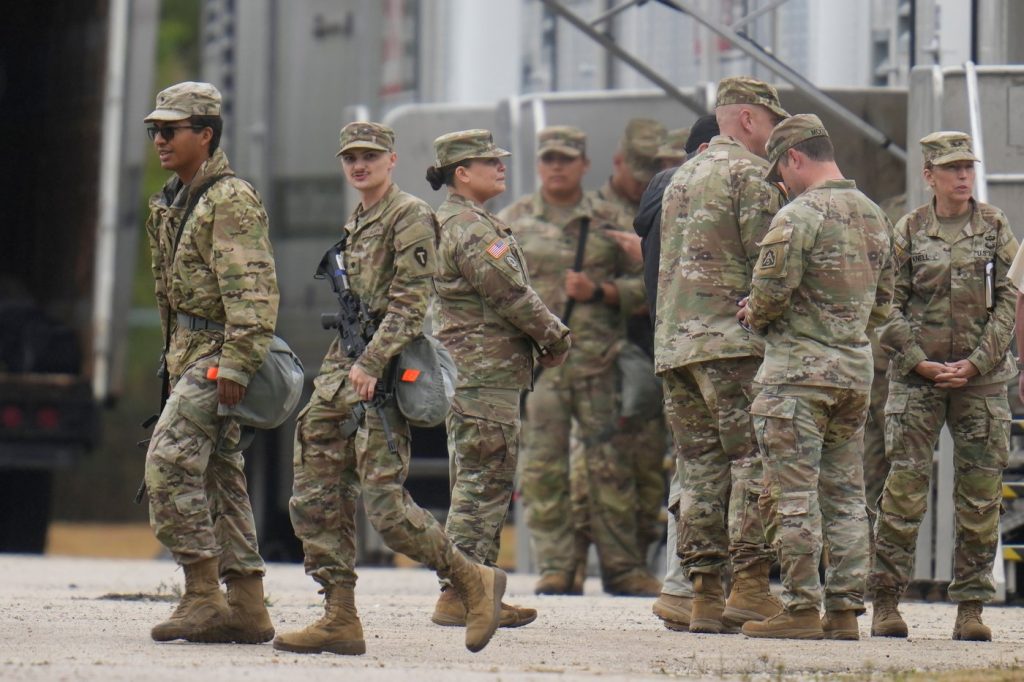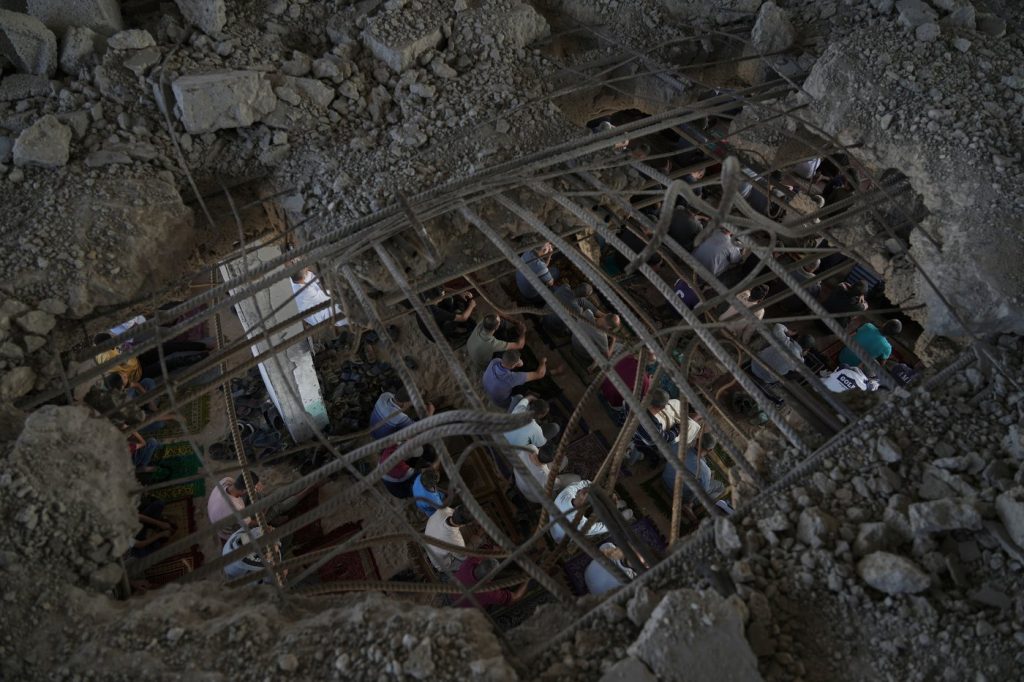On Friday, the Trump administration submitted an emergency appeal to the Supreme Court, seeking permission to deploy National Guard troops in the Chicago area. This move intensifies President Donald Trump's ongoing conflict with Democratic governors regarding the use of military forces on U.S. soil.
The appeal came in response to a ruling by U.S. District Judge April Perry, who had blocked the deployment of Guard members from Illinois and Texas for at least two weeks to support immigration enforcement efforts. A federal appeals court upheld this decision, refusing to lift the judge's order.
The Supreme Court, known for its conservative leanings, has previously given Trump favorable rulings in emergency appeals since he took office in January, often over the dissent of the three liberal justices. The court has supported Trump in various actions, including the ban on transgender individuals in the military, the recovery of funds previously allocated by Congress, and measures against immigration that sidestep traditional federal processes.
Judge Perry asserted there was insufficient evidence of a potential "danger of rebellion" in Illinois amid Trump's immigration initiatives. However, Solicitor General D. John Sauer, representing Trump, urged the Supreme Court to intervene, claiming that Perry’s ruling undermines the President’s authority and could potentially jeopardize federal personnel and property.
Protests have been growing in the Chicago area, especially around the U.S. Customs and Immigration Enforcement (ICE) facility in Broadview. On Friday, law enforcement reported that eleven demonstrators were arrested during an organized protest, where officials had instructed participants to remain within designated protest zones. Tensions have escalated at the facility, previously resulting in law enforcement's use of tear gas and chemical agents against both protesters and journalists.
In Oregon, a federal judge similarly imposed a temporary ban on the deployment of National Guard troops. Additionally, in Tennessee, Democratic officials filed a lawsuit aimed at halting the current deployment of Guard troops in Memphis. They argue that Governor Bill Lee’s decision to call up the National Guard was unconstitutional, as the state constitution stipulates that the Guard can only be activated in instances of "rebellion or invasion" with legislative approval.
Opponents of the deployment argue it could set a dangerous precedent for military involvement in civilian life. Memphis City Council member JB Smiley commented on the implications of military presence in local communities. Since the arrival of National Guard troops on October 10, 2023, they have been patrolling downtown Memphis areas, wearing military gear and carrying firearms, although officials have clarified that these members do not possess arrest authority. Governor Lee claimed the deployment is necessary to combat crime in a city that has historically struggled with high rates of violence, despite recent improvements in crime statistics.
Furthermore, in California, a judge ruled in September that a similar National Guard deployment in the Los Angeles area was illegal. By that time, only 300 of the thousands of troops initially sent remained, though the judge did not mandate their immediate withdrawal.












